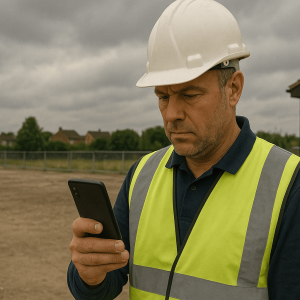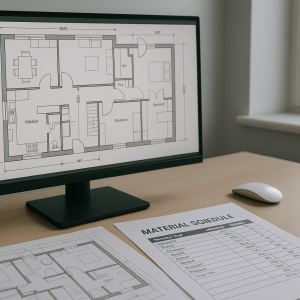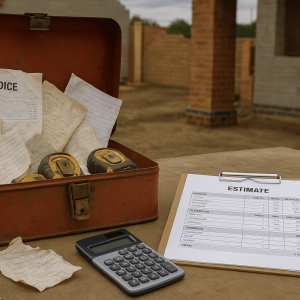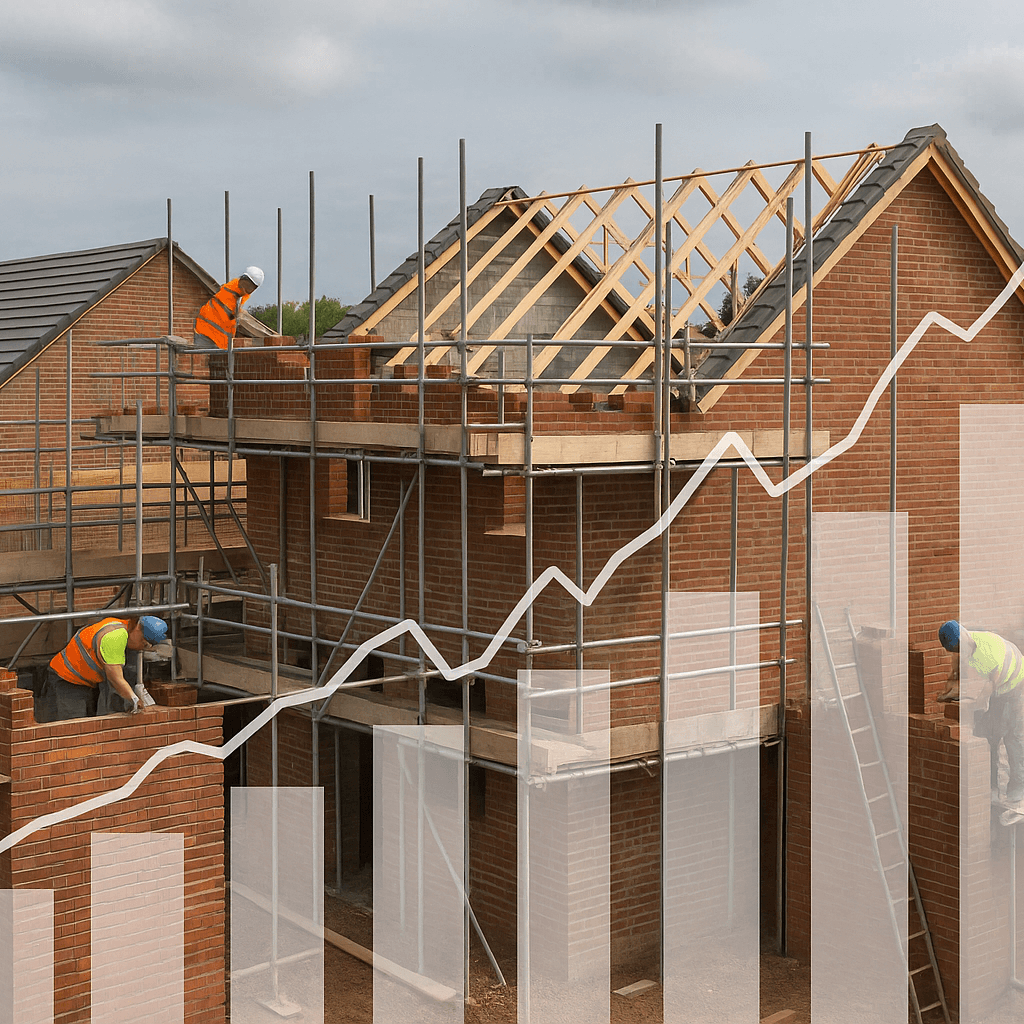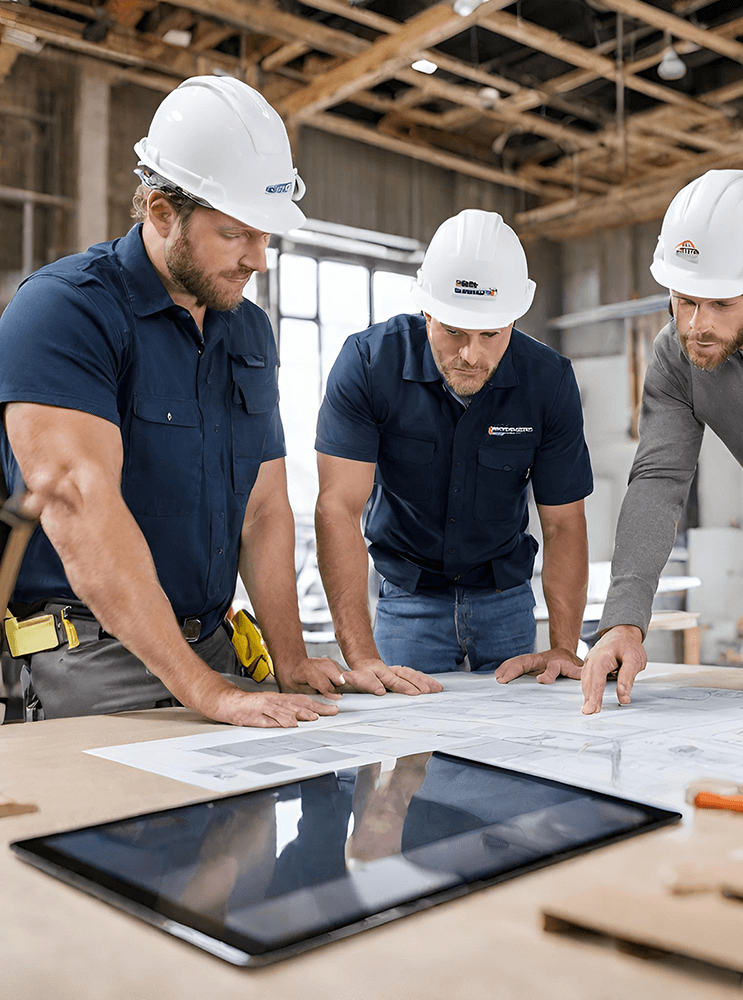In the construction industry, obtaining accurate building estimates is crucial for successful project planning and execution. Construction estimators play a vital role in providing precise cost estimates that form the foundation of any construction project. This guide will walk you through the basics of building estimates, the steps involved in obtaining them, factors that influence their accuracy, and common mistakes to avoid. Whether you are a builder or a client, understanding the intricacies of building estimates will help you make informed decisions and ensure the smooth progress of your construction project.
Understanding the Basics of Building Estimates
Building estimates are detailed assessments of the costs associated with constructing a building. Estimators calculate these costs by analyzing various aspects such as materials, labor, equipment, and overheads. A well-prepared building estimate provides a clear breakdown of these costs, helping builders and clients allocate resources efficiently and make informed financial decisions.
When it comes to building estimates, accuracy is key. Accurate estimates are invaluable assets for builders and clients as they form the basis for project planning and budgeting. With precise estimates in hand, builders can bid competitively for projects, ensuring their profitability. Clients, on the other hand, can evaluate different proposals and select the one that aligns with their budgetary constraints.
A building estimate typically comprises several key components, each contributing to the overall cost assessment:
- Materials: The costs of all necessary materials, including structural elements, finishes, and fixtures. Estimators carefully analyze the project’s requirements and calculate the quantity and cost of materials needed. Factors such as the type of materials, quality, and market prices are taken into consideration to ensure an accurate estimate.
- Labor: The expenses associated with skilled and unskilled labor involved in the construction process. Labor costs can vary depending on factors such as the complexity of the project, the number of workers required, and prevailing wage rates. Estimators consider these factors and calculate the labor costs accordingly.
- Equipment: The costs of renting or purchasing necessary tools and machinery. Construction projects often require specialized equipment, such as excavators, cranes, and concrete mixers. Estimators factor in the rental or purchase costs of these equipment items to provide a comprehensive estimate.
- Overheads: Additional expenses such as insurance, permits, and project management fees. Estimators account for these overhead costs to ensure that the estimate covers all the necessary expenses associated with the project. Overheads can vary depending on factors such as the location of the project, the size of the construction company, and the specific requirements of the project.
By considering all these components and conducting a thorough analysis, estimators can provide builders and clients with accurate and reliable building estimates. These estimates serve as crucial tools for decision-making, allowing stakeholders to plan and execute construction projects with confidence.
Steps to Obtain a Precise Building Estimate
Obtaining a precise building estimate requires careful consideration and thorough preparation. By following these steps, you can ensure the accuracy of your estimate:
Identifying Your Building Requirements
Prior to seeking a building estimate, it is crucial to clearly define your building requirements. Consider factors such as project scope, size, complexity, and design preferences. This information will help estimators provide tailored estimates that meet your specific needs.
For example, if you are planning to build a residential property, you need to determine the number of bedrooms, bathrooms, and other essential rooms. Additionally, you may want to consider the style of the house, such as modern, traditional, or contemporary, as this can impact the overall cost.
Furthermore, it is important to think about any specific features or materials you want to include in your building. Are you interested in energy-efficient solutions, such as solar panels or smart home technology? These considerations will help estimators provide a more accurate estimate.
Gathering Necessary Documentation
Estimators require detailed documentation to generate accurate building estimates. This may include architectural plans, structural engineering reports, and specifications. Provide all relevant documents to ensure the estimator has the necessary information to make informed calculations.
Architectural plans are essential as they provide a visual representation of the building’s design and layout. These plans include floor plans, elevations, and sections, allowing estimators to understand the complexity of the project and estimate the required materials and labor accurately.
In addition to architectural plans, structural engineering reports are crucial for estimating the cost of the building’s foundation, framing, and other structural elements. These reports provide information on the structural integrity of the design and any necessary reinforcements.
Specifications, on the other hand, outline the materials, finishes, and fixtures that will be used in the construction. This includes details such as flooring types, plumbing fixtures, electrical systems, and HVAC (heating, ventilation, and air conditioning) systems. Providing these specifications will help estimators determine the cost of each component accurately.
Seeking Professional Assistance
While it is possible to attempt building estimates independently, seeking professional assistance from experienced construction estimators is highly recommended. These experts possess the knowledge and expertise to analyze project requirements, source accurate cost data, and generate precise estimates that account for all necessary factors.
Construction estimators have access to a vast database of cost information, including current material prices, labor rates, and equipment costs. They can leverage this data to provide accurate estimates based on the specific details of your project.
Moreover, experienced estimators have a deep understanding of construction processes and can identify potential challenges or cost-saving opportunities that may not be apparent to someone without their expertise. Their insights can help you make informed decisions and avoid costly mistakes during the construction phase.
When seeking professional assistance, it is important to choose a reputable construction estimating company or individual. Look for credentials, certifications, and testimonials from previous clients to ensure you are working with a reliable and trustworthy estimator.
In conclusion, obtaining a precise building estimate requires careful consideration of your building requirements, gathering necessary documentation, and seeking professional assistance. By following these steps, you can ensure that your estimate accurately reflects the cost of your construction project, helping you plan and budget effectively.
Factors Influencing the Accuracy of Building Estimates
Multiple factors can influence the accuracy of building estimates. Being aware of these factors allows builders and clients to make informed decisions and mitigate potential risks:
Material Costs
The prices of construction materials can fluctuate based on factors such as market demand, availability, and location. Estimators must stay updated on current material costs to ensure the accuracy of their estimates.
When estimating material costs, it is important to consider not only the initial purchase price but also any potential price fluctuations that may occur during the construction process. For example, if a particular material is in high demand, its price may increase significantly, impacting the overall cost of the project. Additionally, the availability of certain materials in a specific location can also affect their cost. If a material needs to be sourced from a distant location, transportation costs may need to be factored in.
Furthermore, the quality of materials can also impact their cost. Higher quality materials often come with a higher price tag, but they may also provide greater durability and longevity, reducing the need for future repairs or replacements. Estimators must carefully consider the trade-offs between cost and quality when determining material costs.
Labor Costs
Labor costs can vary depending on the skills required, workforce availability, and market conditions. Accurate labor cost estimation is crucial to avoid under or overestimating project expenses.
When estimating labor costs, it is important to consider the specific skills and expertise required for the project. Highly specialized tasks may require hiring skilled workers, whose higher wages can significantly impact the overall labor cost. Additionally, the availability of skilled labor in a particular area can also affect labor costs. If there is a shortage of skilled workers, their wages may increase due to the high demand.
Market conditions, such as the state of the economy and the level of competition among contractors, can also influence labor costs. During periods of economic growth, labor costs may rise as demand for construction services increases. Conversely, during economic downturns, labor costs may decrease as contractors compete for a limited number of projects.
Project Complexity
The complexity of a construction project greatly affects its cost. Projects with intricate designs, unique features, or challenging site conditions often require more resources and thus, higher estimates. Estimators must carefully assess project complexity to provide accurate estimates.
When evaluating project complexity, estimators must consider various factors. For example, projects with complex architectural designs may require additional time and effort to ensure accurate cost estimates. Unique features, such as custom-made elements or innovative technologies, may also require specialized expertise and materials, increasing the overall project cost.
Site conditions can also contribute to project complexity. Projects located in remote areas or challenging terrains may require additional resources for transportation and logistics. Similarly, projects in densely populated urban areas may face restrictions and regulations that can impact construction processes and costs.
Furthermore, the level of coordination and collaboration required among different stakeholders, such as architects, engineers, and subcontractors, can also influence project complexity. Projects that involve multiple parties may require additional time and effort to ensure effective communication and coordination, which can impact the overall cost estimate.
Common Mistakes in Building Estimates and How to Avoid Them
Building estimates are subject to various challenges, and even experienced construction estimators can make mistakes. However, by being aware of these common pitfalls and taking preventative measures, you can ensure the accuracy of your estimates:
Overlooking Small Costs
Failure to account for small but significant costs can lead to budget overruns. Estimators should include all expenses, including permits, site preparation, and temporary utilities, to avoid surprises during the construction process.
Misjudging Timeframes
Underestimating the time required to complete a project can lead to delays and cost overruns. Accurate timelines are essential for estimating labor and equipment costs properly. Estimators should consider factors such as weather conditions, site accessibility, and any potential bottlenecks.
Neglecting Contingency Funds
Unforeseen circumstances, such as design changes or unexpected site conditions, can increase project costs. Including contingency funds in the estimate helps mitigate risks and ensures financial flexibility in case of unforeseen events.
In conclusion, precise building estimates are crucial for successful construction projects. By understanding the basics, following the necessary steps, and considering the factors that influence accuracy, builders and clients can make informed decisions and minimize financial risks. Remember, seeking professional assistance and avoiding common mistakes will lead to more precise estimates, allowing for smoother project execution and ensuring the successful outcome of your construction endeavors.
Ready to embark on your construction journey with confidence? Let Cost Estimator be your guide to precise and reliable building estimates tailored to the UK market. Our expert team specializes in the latest cost estimating practices, utilizing advanced tools and methodologies to ensure your project’s financial success. From detailed material and labor assessments to sophisticated risk analysis, we offer a full spectrum of estimating services designed for the complexities of the UK building sector. Don’t leave your budget to chance; upload your plans today and receive a comprehensive estimate that sets the foundation for your project’s success.


